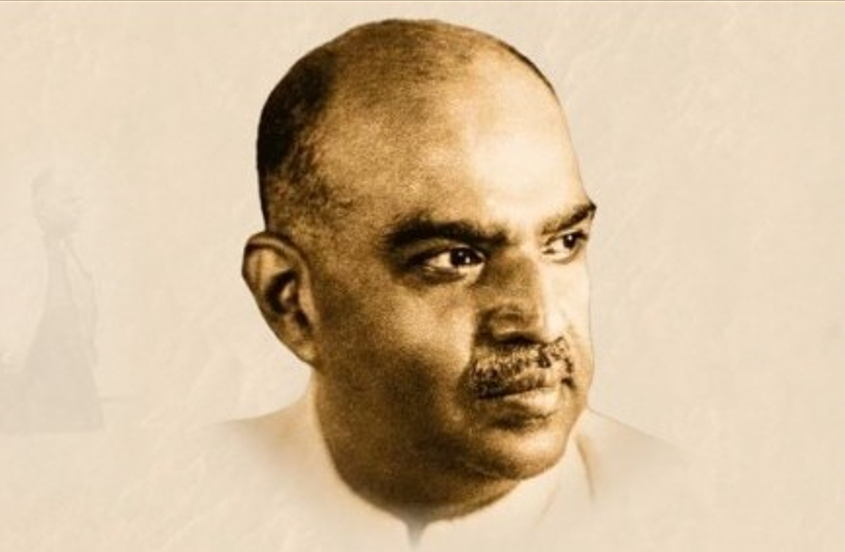Birth Anniversary of Syama Prasad Mookerjee | 07 Jul 2025
Why in News?
Chhattisgarh Chief Minister Vishnu Deo Sai paid tribute to Dr. Syama Prasad Mookerjee on his birth anniversary.
Key Points
- Dr. Syama Prasad Mookerjee:
- Early Life and Achievements:
- Dr. Syama Prasad Mookerjee was born on 6th July 1901 into a prominent Bengali family in Calcutta.
- At age 33, he became the youngest Vice-Chancellor of Calcutta University (1934–1938).
- Introduced progressive reforms and actively contributed to academic bodies like the Asiatic Society of Calcutta, the Indian Institute of Science (Bangalore), and the Inter-University Board.
- He started "Bang Wani", a Bengali journal, in 1922 and The Nationalist in the 1940s.
- Political Career:
- He was elected to the Bengal Legislative Council as a Congress candidate representing Calcutta University.
- He resigned from the Council when the Congress Party decided to boycott the legislature, and later won the seat again as an independent candidate.
- During the Krishak Praja Party–Muslim League coalition government (1937–1941), he served as the Leader of the Opposition, voicing strong nationalist concerns.
- Post Independence:
- Ministerial Role:
- He joined the Progressive Coalition Ministry headed by Fazlul Haq as the Finance Minister, but he resigned within a year due to ideological and political differences.
- He later emerged as a prominent Hindu voice in Bengal politics, joined the Hindu Mahasabha, and was elected its President in 1944, marking a significant shift in his political journey.
- After the assassination of Mahatma Gandhi, Dr. Mookerjee advocated for the Hindu Mahasabha to expand its role beyond religious boundaries and engage in broader national service.
- He opposed the organisation’s decision to remain apolitical and, as a result, resigned from the Hindu Mahasabha on 23rd November 1948.
- Stance on the Partition of Bengal:
- He supported the partition of Bengal, 1946 and advocated to create a separate Hindu-majority state, West Bengal, within India, ensuring the safety and rights of Bengali Hindus.
- Role in Central Governance:
- He joined Pandit Nehru’s Interim Cabinet as the Minister for Industry and Supply, contributing to early post-Independence industrial policy.
- He resigned from the Cabinet on 6th April 1950, in protest against the Delhi Pact with Liaquat Ali Khan, expressing strong concerns over the treatment of minorities in East Pakistan.
- Founding of Bharatiya Jana Sangh:
- After consulting Rashtriya Swayamsevak Sangh (RSS) chief Guru Golwalkar, he founded the Bharatiya Jana Sangh, modern day Bharatiya Janata Party (BJP), on 21st October 1951 in Delhi.
- He became its first President. The party won three Lok Sabha seats in 1952, including his own.
- Formed the National Democratic Party in Parliament, though it lacked official recognition.
- Stand on Kashmir and Article 370:
- He strongly opposed Article 370, describing it as a move that could lead to the Balkanisation of India and threaten national unity.
- He criticised Shaikh Abdullah’s three-nation theory and led a Satyagraha movement in collaboration with the Hindu Mahasabha and Ram Rajya Parishad to demand the removal of Article 370.
- On 11th May 1953, he was arrested while attempting to enter Jammu and Kashmir without a permit, and he died in custody on 23rd June 1953, under controversial circumstances.
- Ministerial Role:
- Early Life and Achievements:

